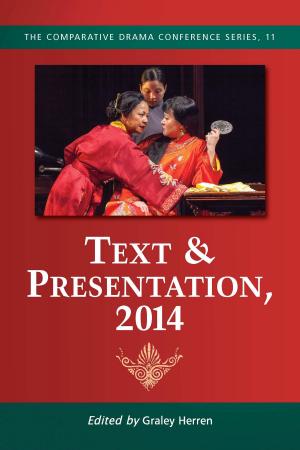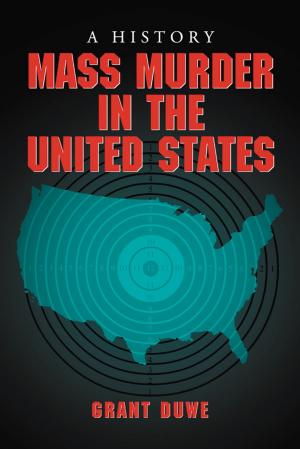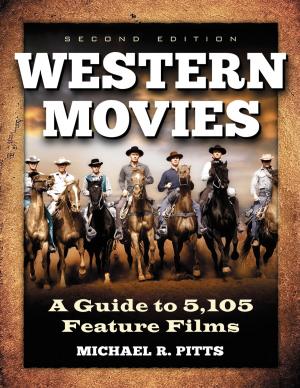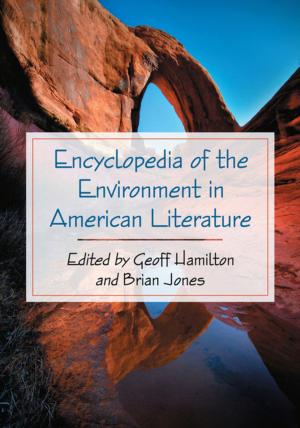| Author: | John Martin Davis | ISBN: | 9781476625300 |
| Publisher: | McFarland & Company, Inc., Publishers | Publication: | August 19, 2016 |
| Imprint: | Language: | English |
| Author: | John Martin Davis |
| ISBN: | 9781476625300 |
| Publisher: | McFarland & Company, Inc., Publishers |
| Publication: | August 19, 2016 |
| Imprint: | |
| Language: | English |
The Texas land grants were one of the largest public land distributions in American history. Induced by titles and estates, Spanish adventurers ventured into the frontier, followed by traders and artisans. West Texas was described as “Great Space of Land Unknown” and Spanish sovereigns wanted to fill that void. Gaining independence from Spain, Mexico launched a land grant program with contractors who recruited emigrants. After the Texas Revolution in 1835, a system of Castilian edicts and English common law came into use. Lacking hard currency, land became the coin of the realm and the Republic gave generous grants to loyal first families and veterans. Through multiple homestead programs, more than 200 million acres had been deeded by the end of the 19th century. The author has relied on close examination of special acts, charters and litigation, including many previously overlooked documents.
The Texas land grants were one of the largest public land distributions in American history. Induced by titles and estates, Spanish adventurers ventured into the frontier, followed by traders and artisans. West Texas was described as “Great Space of Land Unknown” and Spanish sovereigns wanted to fill that void. Gaining independence from Spain, Mexico launched a land grant program with contractors who recruited emigrants. After the Texas Revolution in 1835, a system of Castilian edicts and English common law came into use. Lacking hard currency, land became the coin of the realm and the Republic gave generous grants to loyal first families and veterans. Through multiple homestead programs, more than 200 million acres had been deeded by the end of the 19th century. The author has relied on close examination of special acts, charters and litigation, including many previously overlooked documents.















